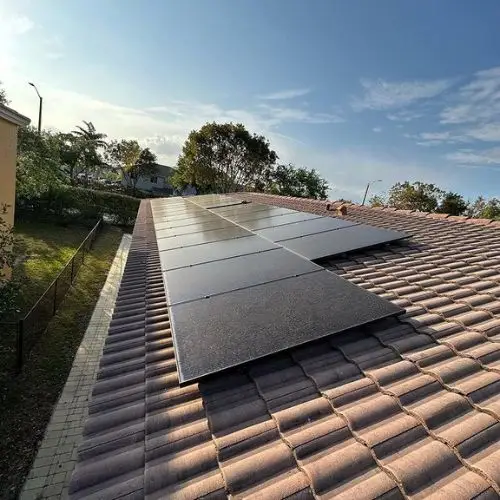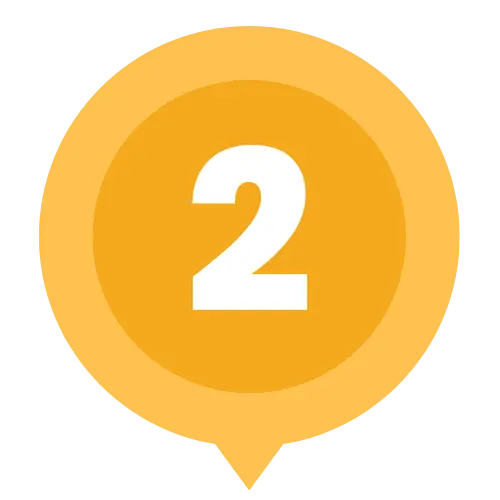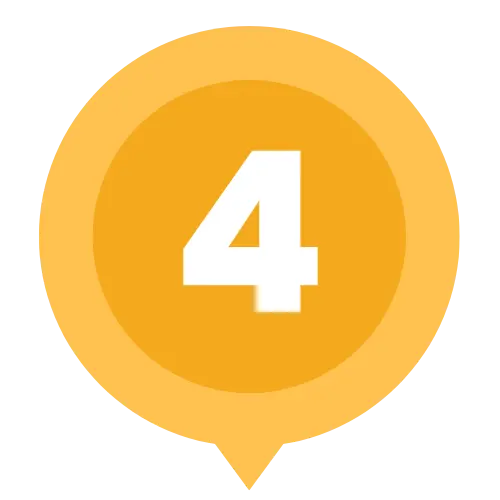Solar Financing
Get financing for your solar energy system. Qualitech works with Renew Financial, Home Run Financing and Mosaic Bank. Talk to us for more information!
Learn more about solar financing
According to the Center for Sustainable Energy, the cost of a solar panel system, including installation, can range from $15,000 to $25,000 on average. While homeowners may eventually recoup this cost through savings in 7 to 8 years, the high upfront expense often drives them into solar financing. This financing can be obtained from a variety of sources, including local and national banks, specialist lenders, manufacturers and credit unions. In addition, financing can be obtained through Property Equal Clean Energy (PACE). Qualitech Solar works with two companies that work with PACE: Renew Financial and Homerun Financing.

Join the energy revolution in 5 steps!

Schedule a free consultation with Qualitech Solar.

We develop your customized solar system project.

Requests for permitting are submitted.

We’ll install your solar system.

You guarantee clean energy and savings through solar energy!
request a free quote!
SOLAR FINANCING FAQs
You have a few solar financing options available to you, which include purchasing the solar energy system with cash, obtaining a solar loan to finance the purchase, or entering into a solar lease or power purchase agreement (PPA).
The decision between solar financing and solar leasing depends on various factors and personal preferences. Both options have their pros and cons, and it’s essential to consider them before making a choice.
Solar financing involves taking out a loan to purchase a solar system. The homeowner owns the solar panels and is responsible for their maintenance and upkeep. Financing allows you to take advantage of incentives and tax credits while paying off the system over time. The homeowner will also benefit from the increased property value that the solar system will provide.
On the other hand, solar leasing involves renting the solar system from a solar company. The homeowner pays a monthly fee to use the system, and the solar company is responsible for its maintenance and upkeep. Leasing allows you to benefit from solar energy without having to pay the upfront costs of purchasing a system. However, the homeowner does not own the solar panels, and the leasing agreement can have strict terms and conditions that may limit their ability to make changes to their property.
In general, solar financing may be a better option for those who can afford to make a large upfront investment and want to own the solar system outright. It may also be a better option for those who plan on staying in their home for an extended period. Solar leasing may be a better option for those who do not have the upfront capital to purchase a solar system, have short-term plans, or are not interested in owning the solar panels.
Ultimately, the decision between solar financing and solar leasing will depend on the homeowner’s financial situation, energy goals, and personal preferences. It’s essential to research and consider all options before making a final decision.
Secured solar financing involves using collateral, such as your home or the solar panels themselves, to secure the loan. This means that if you default on the loan, the lender can take possession of the collateral as payment. Secured financing typically has lower interest rates and longer repayment terms because it poses less risk to the lender.
Unsecured solar financing, on the other hand, does not require collateral. Instead, the lender will rely on your credit score and income to determine your eligibility for the loan. Unsecured financing generally has higher interest rates and shorter repayment terms because it poses more risk to the lender.
It’s important to carefully consider the pros and cons of each type of financing before making a decision. If you have a high credit score and income, unsecured financing may be a good option for you. However, if you have a lower credit score or income, secured financing may be a better choice, as it can offer lower interest rates and longer repayment terms.
There are several institutions that provide solar loans, such as local and national banks, credit unions, specialty financing companies, and manufacturers. To determine the most suitable solar loan for your needs, it is recommended that you compare options from various financing providers. Qualitech Solar can assist you with this process by helping you to prepare the project and locate the most favorable financing options.


